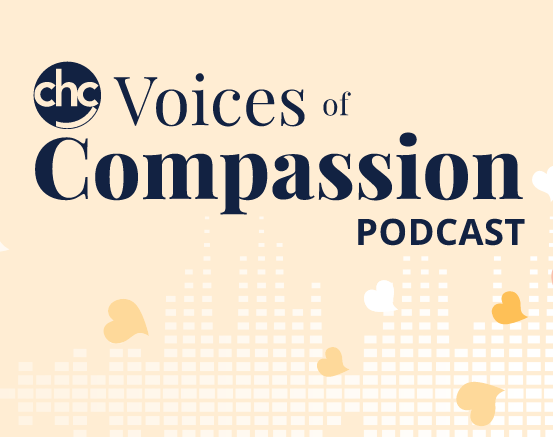How Teachers Can Help Students With Special Needs Navigate Distance Learning
 Distance learning is challenging for many learners, but can be even more challenging for students with learning, attention, or social-emotional needs.
Distance learning is challenging for many learners, but can be even more challenging for students with learning, attention, or social-emotional needs.
As educators and parents, we are tasked with an unprecedented challenge: Figuring out how to reach and teach diverse learners online. It’s not easy. But it’s critical for so many of our students.
Rebecca Branstetter, Ph.D., school psychologist, speaker, and author, asked ““How can educators increase engagement for kids with special needs online right now?””
Here are three ways to boost engagement, connection, and support with learners with special needs.
1. Put the relationship before academic rigor
…The natural temptation is to focus on academics and compliance of academic tasks, even when our children are under the stress of social isolation and the pandemic. But stressed-out brains don’t learn well.
We can learn from previous experiences with stressful events that displaced students. After Hurricane Katrina, students struggled when schools quickly focused too quickly on academic remediation. But when schools focused first on their social and emotional well-being, students were more likely to get caught up on the work.
2. Get creative with accommodations and supports
Many students with special needs have challenges with independent learning. They often need specialized instruction and more scaffolded support, such as having tasks broken down for them into more manageable chunks, visual aids, and frequent check-ins to ensure they are on the right track.
In the classroom, teachers can give instant feedback and support.
One of the strategies that came up over and over in my online communities was using individual and small-group breakout rooms on Zoom. This virtual “push-in” support can give children with special needs extra instruction, encouragement, and support during tasks that they may not be able to do in the large group or independently.
Another strategy for students who have disabilities that affect their attention or emotional self-regulation is to provide online spaces to bring stressed-out students’ brains back to the “calm zone” for learning. For example, one school psychologist in the Thriving School Psychologist community created a Bitmoji classroom full of online calming strategies for children who need a brain break, mindfulness activity, movement break, or self-regulation tool to use when they were overwhelmed.
3. Team collaboration
One of the challenges for students with special needs is that their support is more disjointed and remote. This is why building out a team of support is even more critical than ever before.
If you are an individual teacher who is struggling to support diverse learners in your classroom, consult with your school psychologist, special education team, and counseling support staff. These team members are on the forefront of emerging best practices and can consult with you to come up with innovative ways to ensure that kids feel connected, engaged, and supported.
Parents are doing the best they can with the tools and skills they have at home, under stressful circumstances. When educators partner with parents, especially now, when the parent is the primary source of support during the day, that’s where the real change can happen for our students.
Excerpted from “How Teachers Can Help Students With Special Needs Navigate Distance Learning” in Greater Good Magazine. Read the full article for more details on each of the strategies above.
Source: Greater Good Magazine | How Teachers Can Help Students With Special Needs Navigate Distance Learning, https://greatergood.berkeley.edu/article/item/how_teachers_can_help_students_with_special_needs_navigate_distance_learning | © 2020 The Greater Good Science Center at the University of California, Berkeley
CHC offers free community education sessions for educators. Join us to learn practical teaching strategies you can use in your classroom to help more kids reach their promise and potential. Educator sessions are led by experienced educator/clinician teams from Sand Hill School and CHC.





